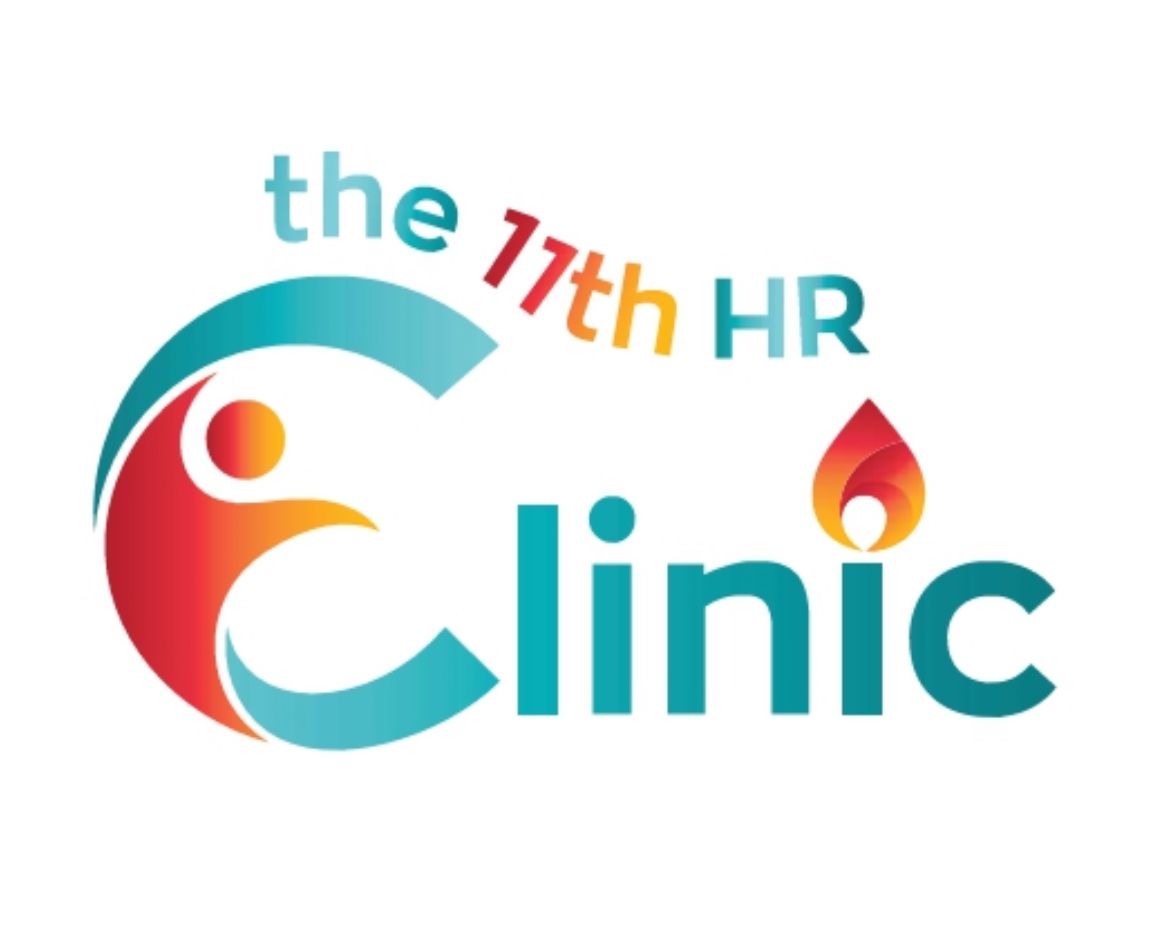Pain Management
People often think of pain as a purely physical sensation, however pain has biological, psychological and emotional factors. Ongoing pain or chronic pain can cause feelings such as anger, hopelessness, sadness and anxiety. To treat pain effectively, you must address the physical, emotional and psychological aspects. Pain often serves as an indication that something is wrong, and similar to emotions it isn't necessarily something we can see, but something we have to describe to gain an understanding of what we are experiencing. It can also be a sign of healing, which can make it difficult to make decisions about whether to work, rest, or exercise depending on our circumstances.
For people experiencing chronic pain, often a treatment plan will involve teaching relaxation techniques, changing old beliefs about pain, building new coping skills and addressing any anxiety or depression that may occur secondary to your pain. Psychologists help with pain by addressing its emotional, cognitive, and behavioral components. They teach coping strategies to reduce distress, improve daily functioning, and enhance overall well-being.
Some of the strategies and therapies applied may include:
Cognitive-Behavioral Therapy (CBT)
- Helps patients identify and change negative thoughts about pain
- Reduces catastrophising (thinking pain is unbearable or endless)
- Teaches coping skills like distraction, reframing, and problem-solving
Mindfulness & Relaxation Techniques
- Mindfulness meditation reduces pain perception by increasing acceptance
- Deep breathing and progressive muscle relaxation lower stress and tension
- Guided imagery helps shift focus away from pain sensations
Biofeedback
- Uses electronic monitoring to help patients control body functions like muscle tension, heart rate, and breathing
- Helps reduce stress-related pain and improves relaxation
Acceptance and Commitment Therapy (ACT)
- Encourages patients to accept pain without letting it define them
- Focuses on values-based living, helping individuals engage in meaningful activities despite pain
Behavioral Strategies
- Encourages activity pacing to prevent overexertion and flare-ups
- Improves sleep hygiene to counteract pain-related sleep disturbances
- Guides gradual exposure to activities that may have been avoided due to fear of pain
Emotional Support & Counseling
- Addresses depression, anxiety, and anger, which can amplify pain perception
- Helps with grief and adjustment issues related to chronic pain conditions
- Provides social support strategies to improve relationships affected by pain
Education & Self-Management Training
- Educates patients on the mind-body connection in pain
- Teaches long-term strategies for managing flare-ups and preventing pain worsening
- Empowers patients to take control of their pain experience rather than feeling helpless
Psychologists work alongside medical doctors, physical therapists, and other professionals to create a holistic pain management plan. Their interventions can reduce reliance on pain medication and improve quality of life. For more information about how we can help contact us via phone, email or submit an enquiry online.

